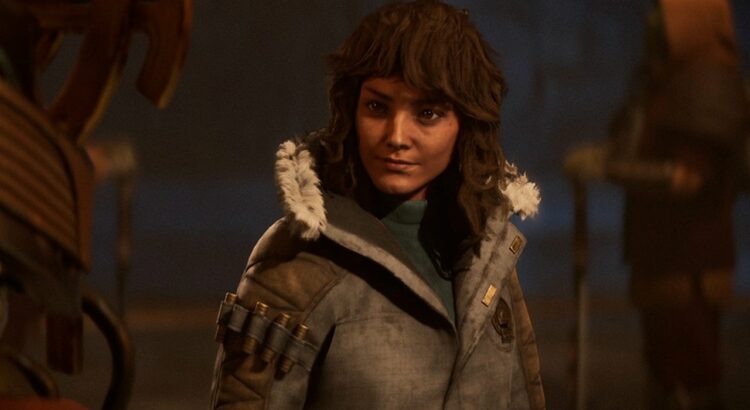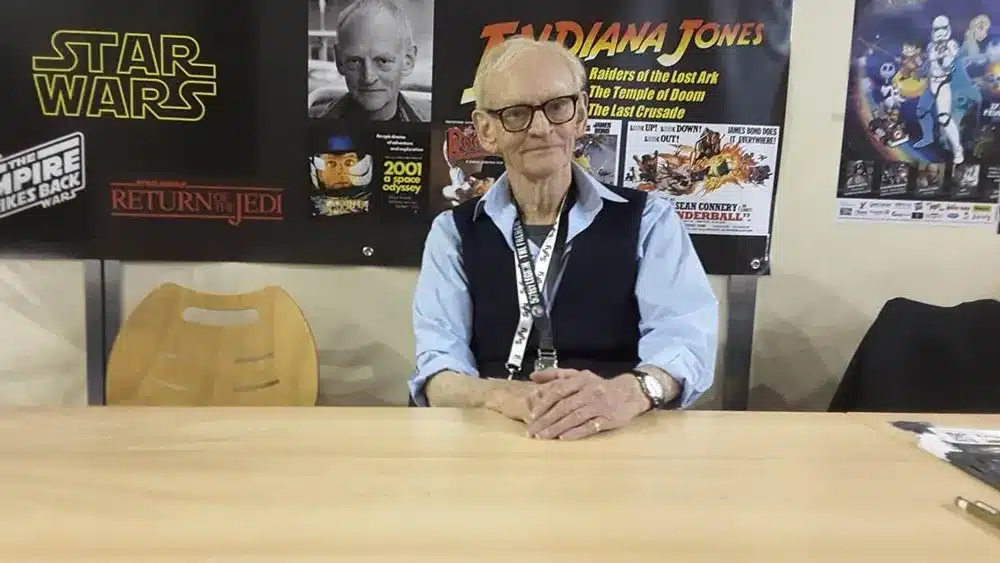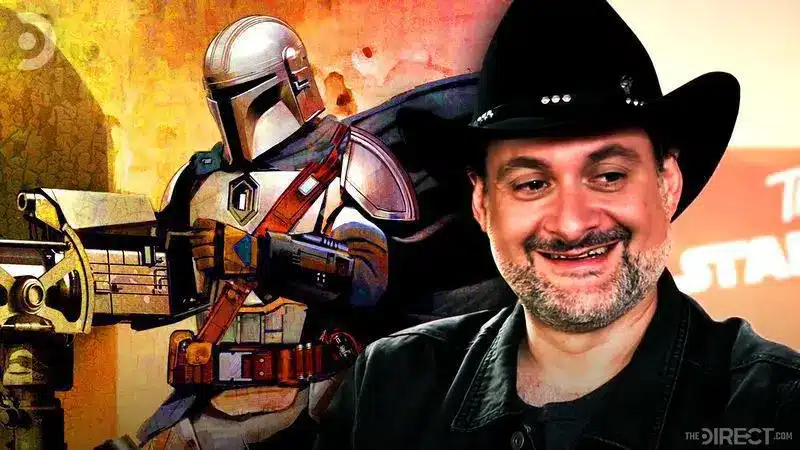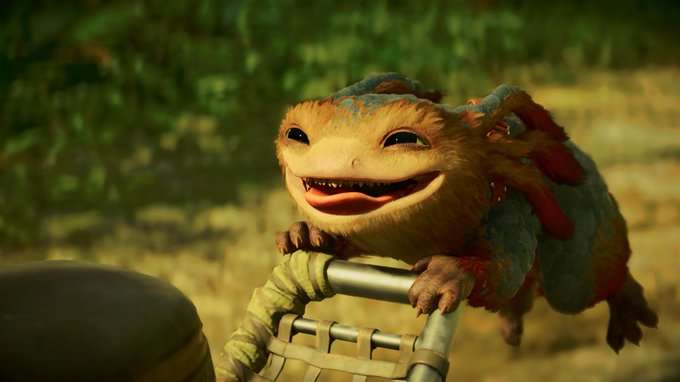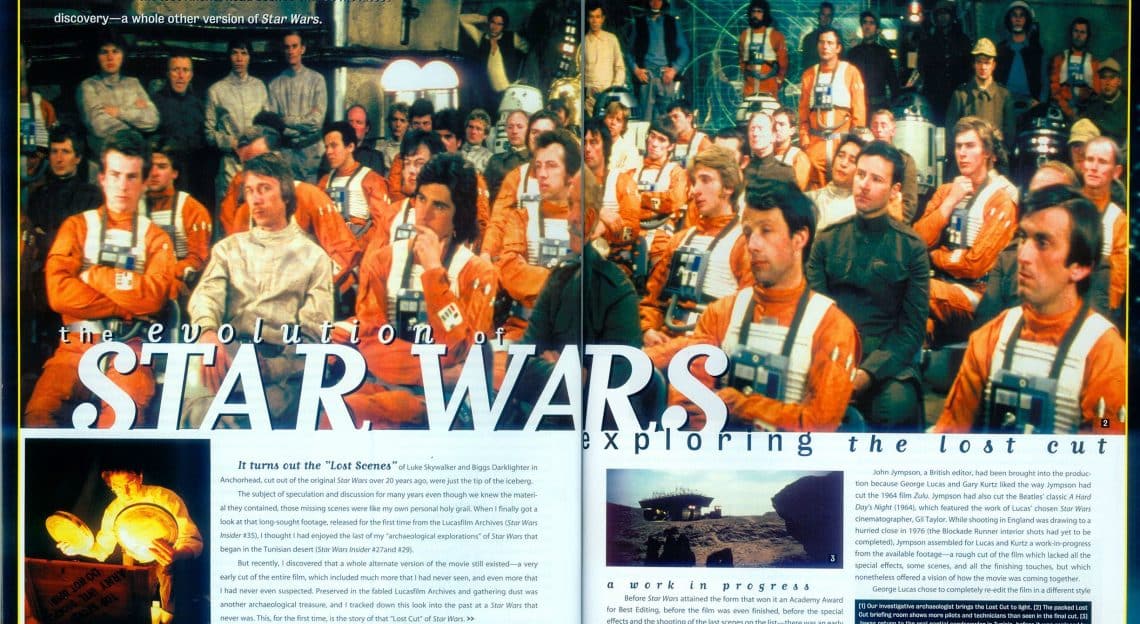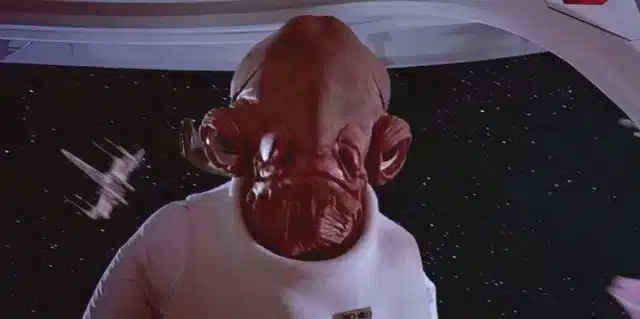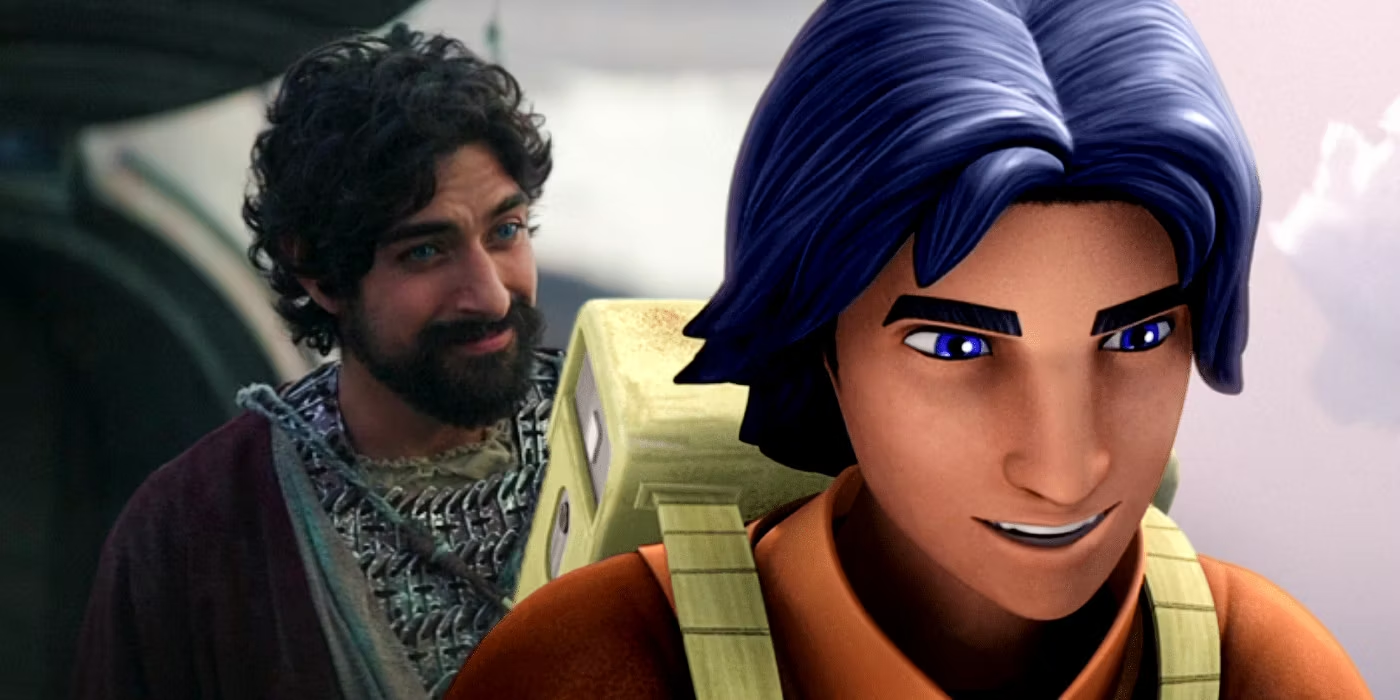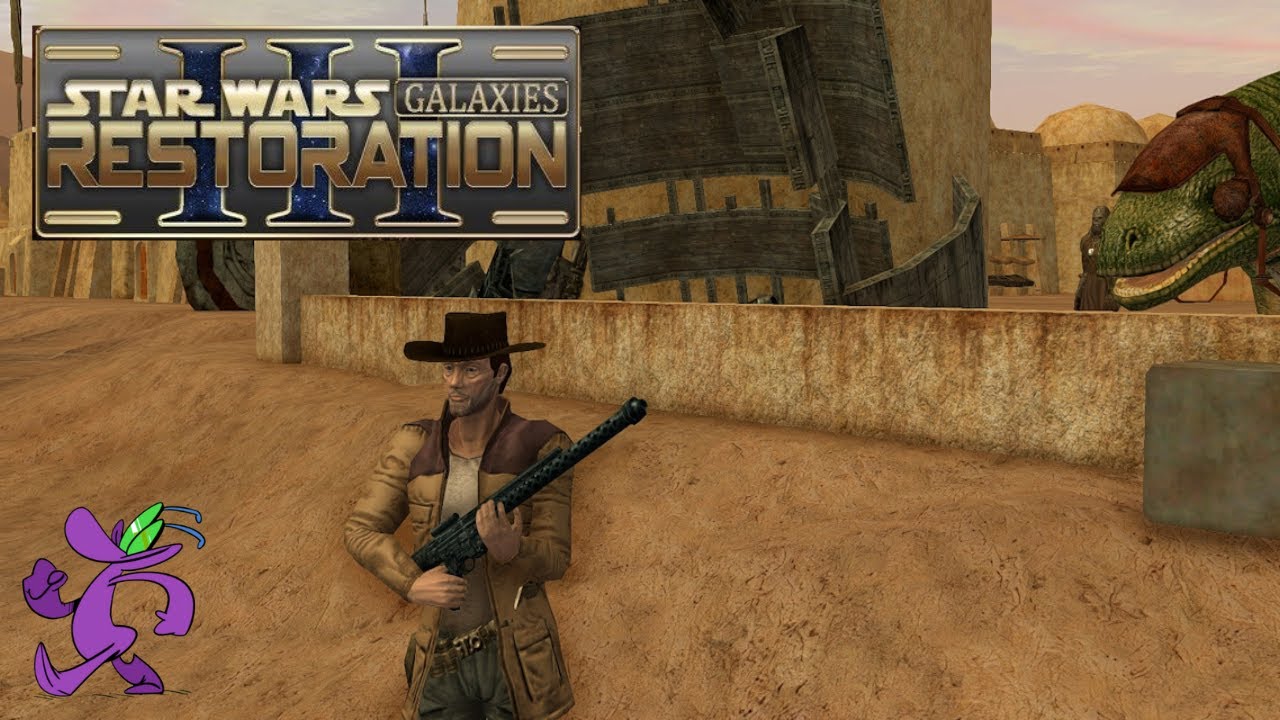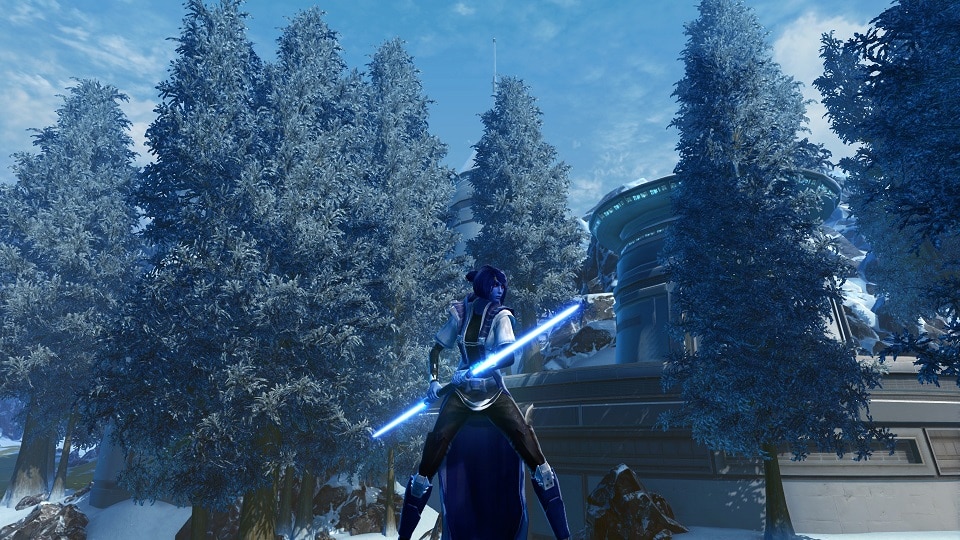When Ubisoft released Star Wars Outlaws, the anticipation was sky-high. Open-world Star Wars game? Check. New, compelling characters and an original story? Check. A studio known for creating expansive, immersive environments? Double check! But as the dust settled, sales reports came in, and they weren’t exactly the blockbuster numbers Ubisoft had likely hoped for. In the first month, Star Wars Outlaws sold only 1 million copies.
How could a game attached to one of the most beloved franchises in pop culture underperform? Is the Star Wars brand losing its force, or are there bigger galactic issues at play? Let’s take a closer look at why Star Wars Outlaws didn’t fly off the shelves, breaking it down into key factors: pricing, Ubisoft’s reputation, the general gaming market, and the broader economy.
Pricing: More Expensive than a Wookiee Haircut
It’s no secret that video game prices have been creeping up, but Star Wars Outlaws took it to another level with its pricing strategy. The base game was priced at $69.99, which is becoming standard for AAA games, but it didn’t stop there. Ubisoft also offered a Gold Edition at $109.99 and an Ultimate Edition at a whopping $129.99(gamesradar)(GINX TV). These premium versions offered extras like early access and in-game content bundles—features that, for many players, felt like unnecessary add-ons.
Some players expressed frustration at what they saw as Ubisoft’s continued effort to squeeze more money out of gamers through “monetization barriers”. In an era where so many games get discounts just months after release, some players voiced that they’d rather wait for the inevitable price drop than pay top dollar at launch(Push Square).
Let’s face it: when you charge $130 for a game, you’re entering “collector’s item” territory. That’s a tough sell for a brand-new title, especially one that arrives with a bit of baggage (more on that later). Given the steep pricing tiers, many players may have simply opted to wait for sales instead of diving into Outlaws at full price.
Comparisons to Other Star Wars Games
If we compare Outlaws to recent Star Wars games, the pricing pattern starts to look a little familiar but not quite as extreme. For instance, Star Wars Jedi: Survivor also had a Deluxe Edition priced at $89.99(Epic Games Store), but even that didn’t quite reach the heights of Outlaws‘ Ultimate Edition. Moreover, Jedi: Survivor had the advantage of being a sequel to a well-loved game (Jedi: Fallen Order), meaning it came with a pre-established fanbase and better trust.
For many gamers, the hefty price tag of Outlaws didn’t seem justified, especially considering Ubisoft’s track record of rapidly discounting its games. Why pay full price when you can pick it up for half off in six months?
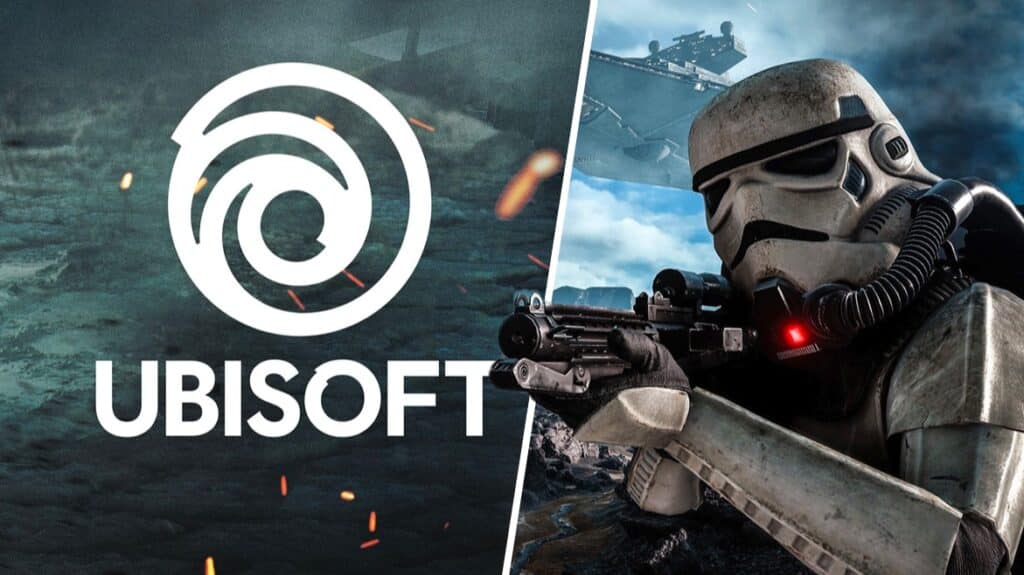
Ubisoft’s Reputation: A Jedi Mind Trick Gone Wrong?
Speaking of Ubisoft, let’s address the Bantha in the room. Ubisoft has been having a rough go of it recently, with a string of high-profile releases that have faced both technical and critical issues. From games like Assassin’s Creed Unity to Far Cry 6, Ubisoft titles have gained a reputation for being buggy at launch(WGB). Gamers have become increasingly wary of paying full price for an Ubisoft game on day one, fearing that they’ll be buying a buggy, unfinished product.
Star Wars Outlaws suffered from this reputation problem. Shortly after release, players began reporting technical issues and clunky mechanics, especially with the game’s stealth system(mxdwn Games). Even though patches were released, the initial damage was done. In today’s fast-paced, opinion-driven gaming world, first impressions matter more than ever. Social media buzz around Outlaws fizzled quickly, and instead of excitement, players were posting about bugs.
It’s not just about the bugs, though. Ubisoft’s perceived over-reliance on certain game design formulas—open-world environments packed with fetch quests and repetitive objectives—has led to franchise fatigue among gamers. Outlaws may have offered a massive world to explore, but many players felt like they’d already explored these worlds before in other Ubisoft titles. In short, the game’s structure didn’t feel fresh enough to justify its high price tag or meet the excitement of its Star Wars branding.
The Gaming Market: A Galaxy Crowded with Competitors
Beyond Ubisoft’s reputation, there’s the broader gaming market to consider. The competition for gamers’ attention (and wallets) has never been fiercer. With so many new titles launching across multiple platforms, players have more options than ever. Additionally, subscription services like Xbox Game Pass offer access to hundreds of games for a fraction of the cost of buying a single AAA title at launch.
In this saturated market, Star Wars Outlaws faced stiff competition from both big-name franchises and indie gems. Even within the Star Wars universe, games like Star Wars Jedi: Survivor set a high bar earlier in the year(Epic Games Store). Other Ubisoft games, like Assassin’s Creed Mirage, also captured attention, further fragmenting potential sales).
The Economy: Can We Blame Inflation for Poor Sales?
Outside the gaming world, the broader economic situation likely played a role in Outlaws‘ lackluster sales. Global inflation and rising costs of living have left many consumers with less disposable income(Push Square). For some players, $70—or even $130 for the Ultimate Edition—simply isn’t feasible in an economy where groceries, rent, and energy bills are eating up a larger portion of their paychecks.
When disposable income shrinks, consumers become more selective about their purchases. While video games might be considered a relatively affordable form of entertainment, they still face tough competition for limited funds. Games, particularly those with higher price tags like Outlaws, start to feel more like luxury items rather than must-have purchases(Push Square).
Moreover, with digital storefronts constantly running sales and promotions, savvy gamers know that they can often get the same experience at a fraction of the price if they’re patient enough to wait a few months. Combine that with Ubisoft’s reputation for rapidly discounting its games, and it’s no surprise that many potential players chose to wait for a price drop instead of buying at launch.
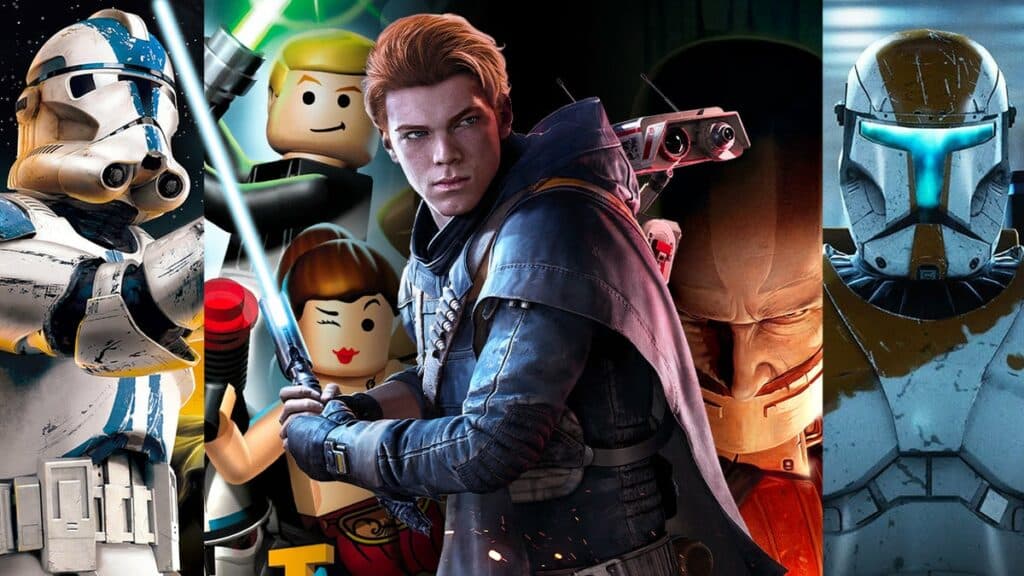
Conclusion: Why Star Wars Outlaws Didn’t Go Supernova
So, what went wrong with Star Wars Outlaws? The game’s struggle to move more than 1 million copies in its first month can be attributed to several factors. High prices, Ubisoft’s shaky reputation, a saturated gaming market, and economic concerns all played a part in limiting the game’s commercial success. While Outlaws offered the promise of an expansive Star Wars experience, it was up against some formidable challenges.
Ultimately, it seems that in today’s gaming landscape, it’s not enough to slap a beloved brand on a product and expect it to fly off the shelves. Players are more discerning, more financially cautious, and more aware of the gaming industry’s quirks than ever before. And with Star Wars Outlaws, those factors combined to create a perfect storm that kept the game from reaching its full sales potential.
Now, whether Outlaws can recover from its rocky launch remains to be seen, but one thing is clear: you’ll probably be able to pick it up on sale before the year is out.


